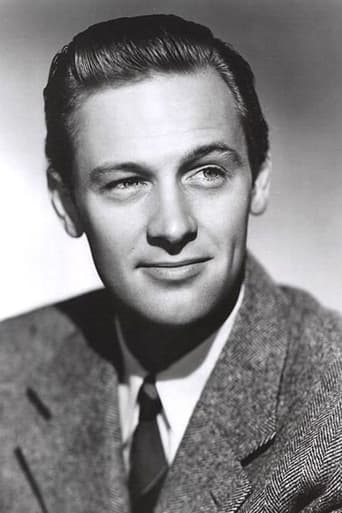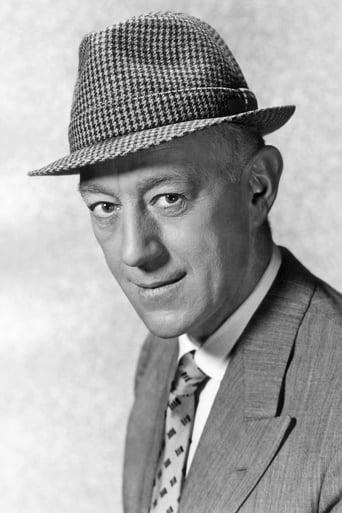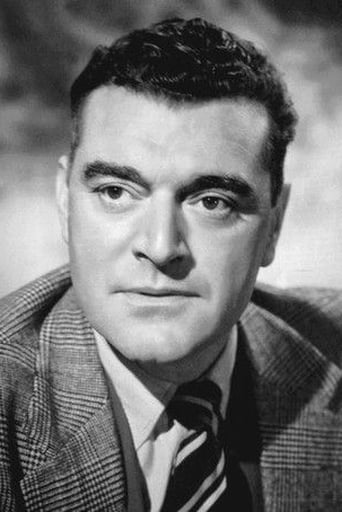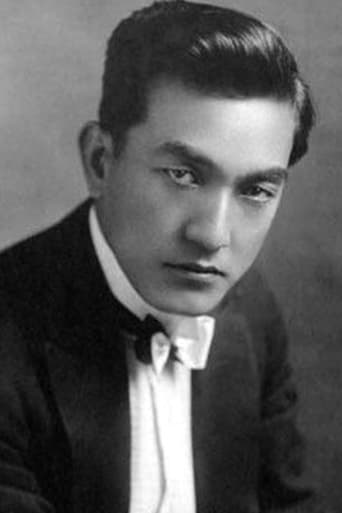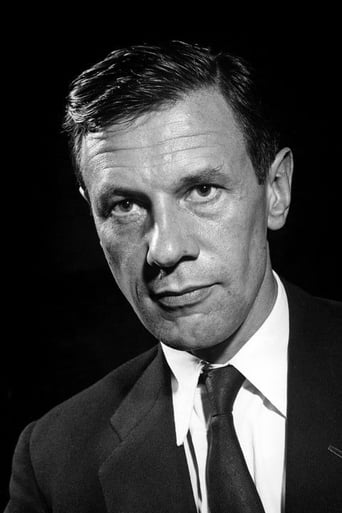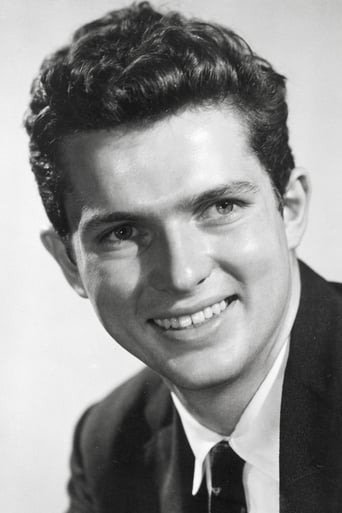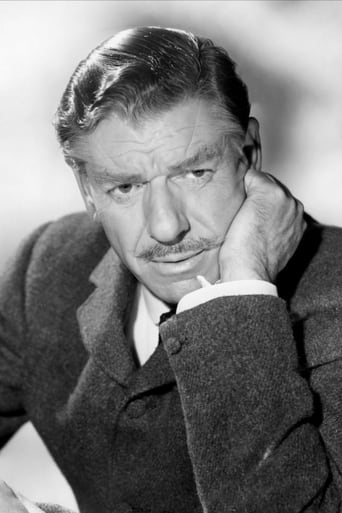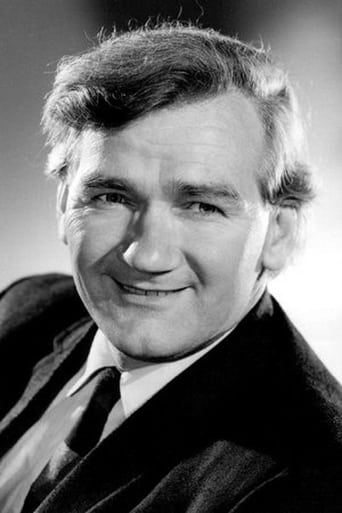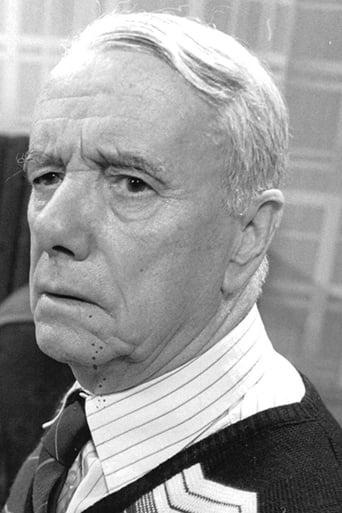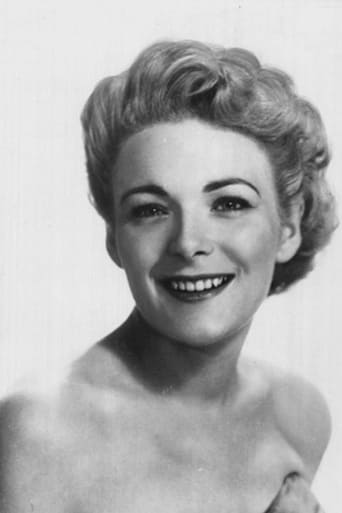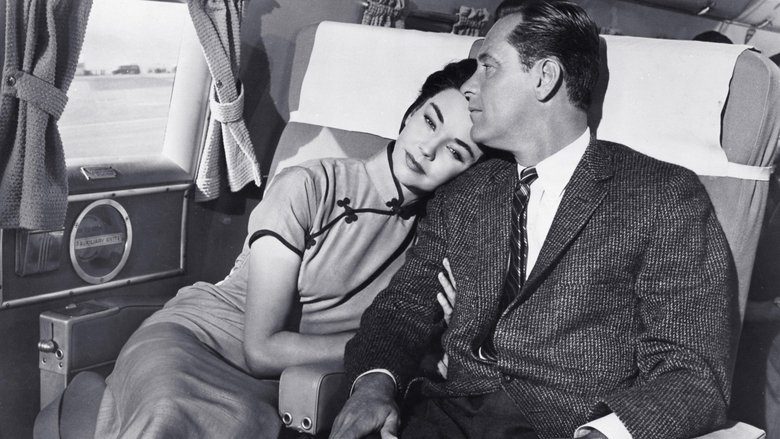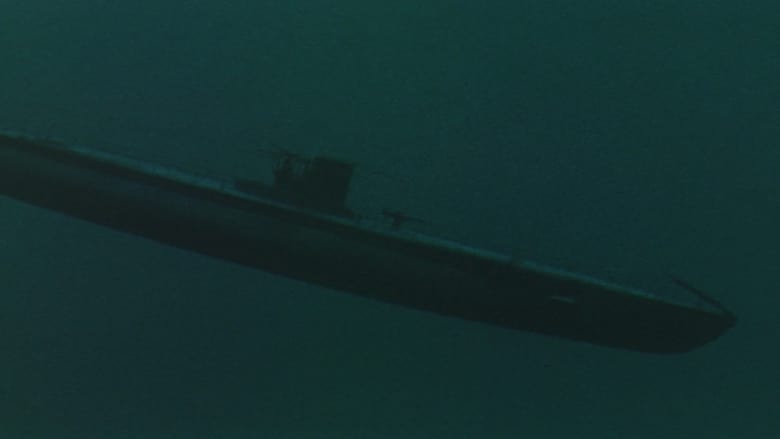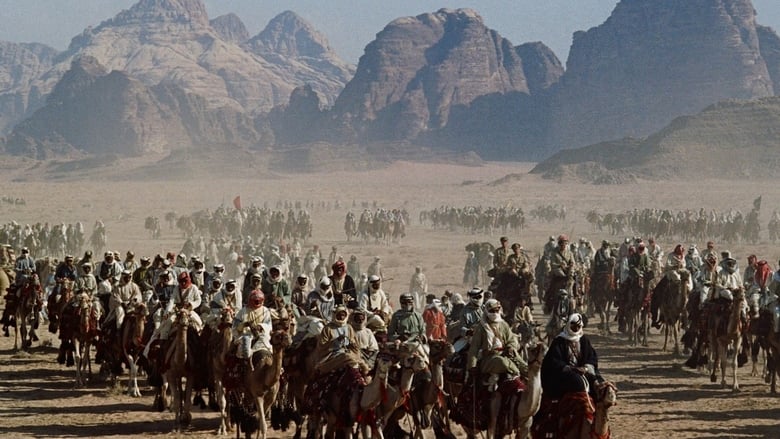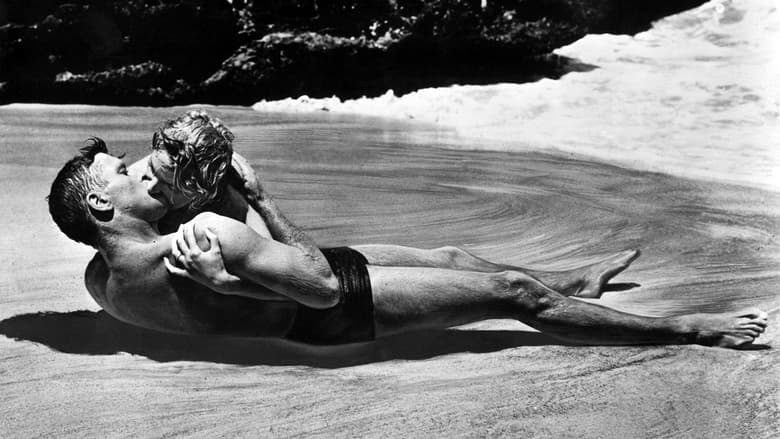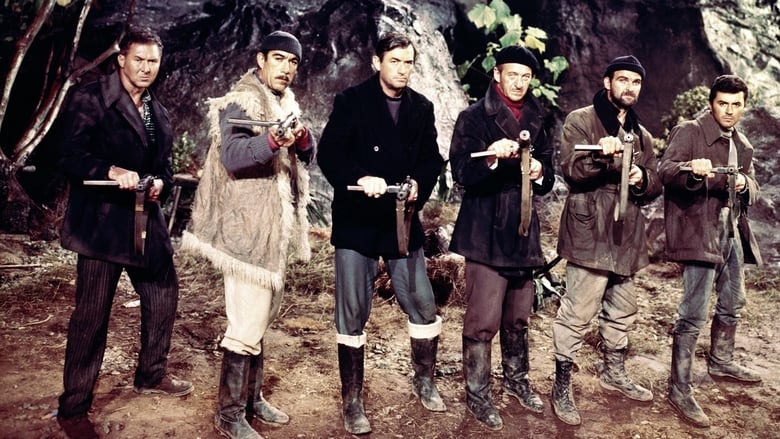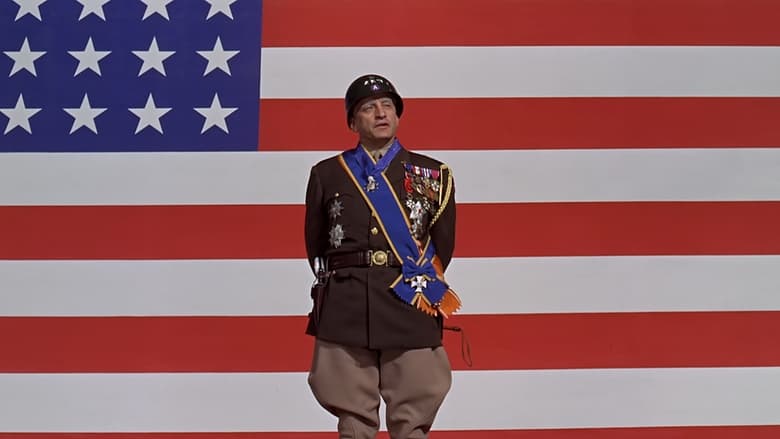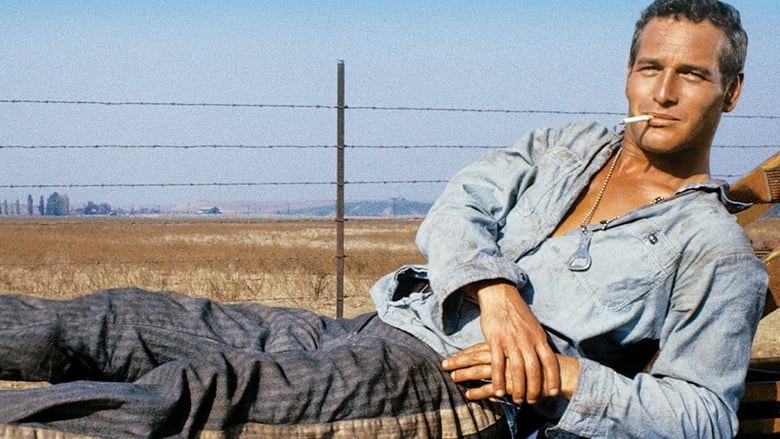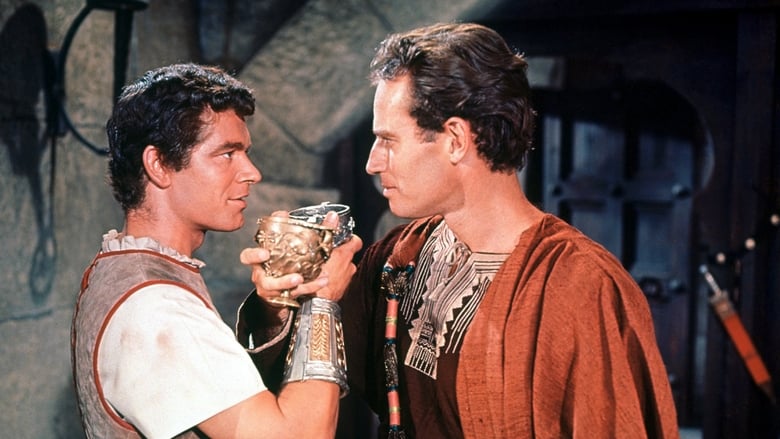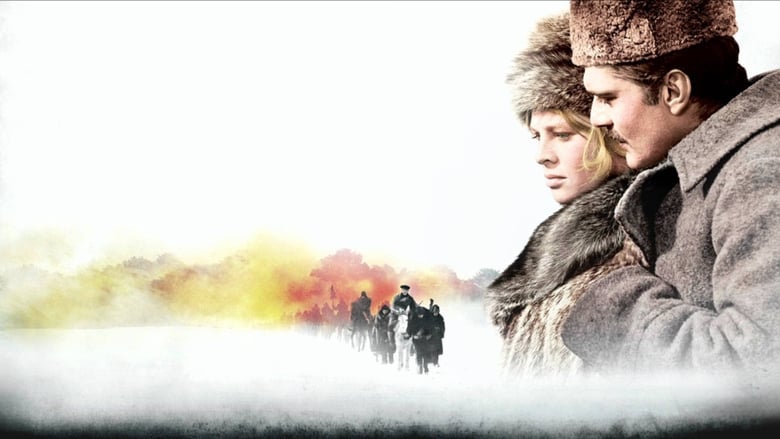The classic story of English POWs in Burma forced to build a bridge to aid the war effort of their Japanese captors. British and American intelligence officers conspire to blow up the structure, but Col. Nicholson, the commander who supervised the bridge's construction, has acquired a sense of pride in his creation and tries to foil their plans.


Similar titles



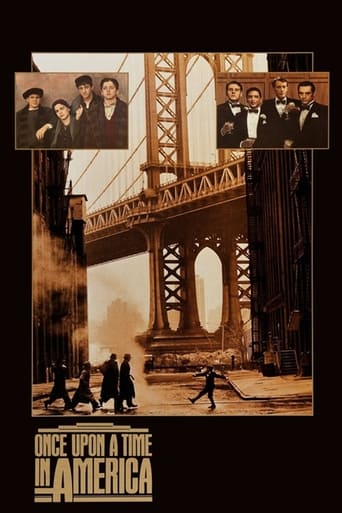


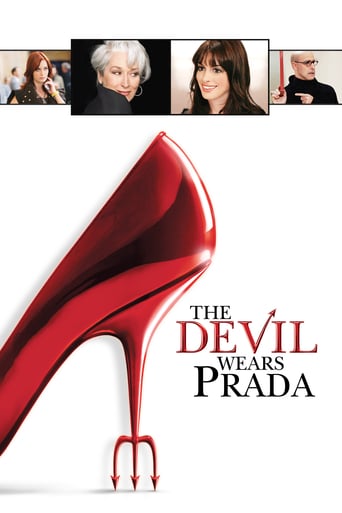
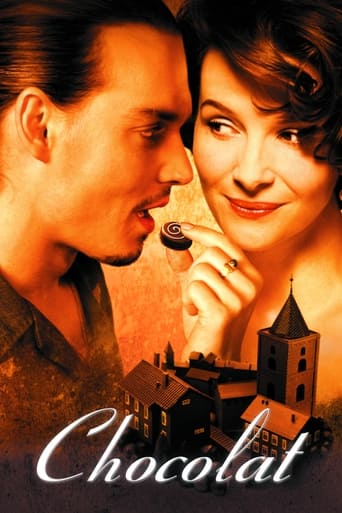
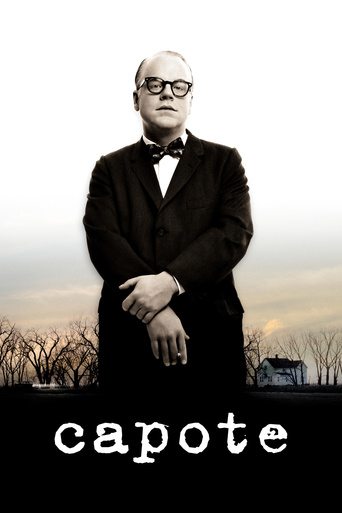
Reviews
In my humble opinion, this is Director David Lean's finest film (just above BRIEF ENCOUNTER, OLIVER TWIST and GREAT EXPECTATIONS) and, albeit less famous, spectacular and beautiful than LAWRENCE OF ARABIA, it is a more self-contained and perceptive film, in regard to human emotions and pitfalls.Frankly, I do not give a toss whether this film is historically inaccurate. It does not claim to be true to life, and there is a great lesson to learn from it, notably that following principles to a T does not pre-empt the emergence of contradictory situations, such as when Colonel Nicholson (sublimely played by Alec Guinness), who had refused on principle to have his officers work 'like coolies,' ultimately is quite ready to relent on that demand when he becomes entranced by the notion that the bridge could last 600 years, and the British Army remembered for its construction.Guinness deservedly picked up the Best Actor academy award for his role as Col. Nicholson, who stubbornly wants to maintain conventional and civilized values in the jungle and in the face of an enemy of a different and opposing culture, embodied by the Japanese camp commander, brilliantly played by Sessue Hayakawa.Holden acts as a kind of comic relief, an American caught in the middle of British POWs in Burma, and his role is reminiscent of the one which won him an Oscar in STALAG 17, where he acted as the in-between fellow who managed to bribe the guards and get the goodies, but who has enough decency in him to earn the viewer's sympathy.Jack Hawkins is superlative as the British commander who leads the operation to destroy the bridge on the River Kwai. Why he did not pick up a best supporting actor Oscar beats me. He is the very embodiment of the stiff upper lip British officer with touches of sardonic humor and complete professionalism.And, finally, James Donald, as the medic with the bird's eye view (an eagle is seen flying over the forest some 3 or 4 times during the film), who sees all with detachment and concludes that war is madness. His is a minor but crucial role, and he delivers with great aplomb.Photography, action sequences, script, and soundtrack are all of the highest quality. THE BRIDGE ON THE RIVER KWAI is, without a doubt, one of my all-time favorites and perhaps the greatest anti-war war movie ever made. 10/10
If you watch The Bridge on the River Kwai and find yourself simultaneously admiring the spirit, the cheer, and the competence of the English, and finding it strangely insufferable, you are meant to do just that -- because this is a movie ultimately about the strange contradictions in the human heart. Alec Guinness is beyond superb, and I choose the word "beyond" advisedly: You cheer for him as he outlasts the hapless Japanese commandant, and yet it is all for what to the Japanese must seem a frivolous rule, a distinction between officers and men that should not have any purchase upon ragged soldiers in such a sweltering malarial hole as the valley of the Kwai. And the bridge, which is meant to transport Japanese supplies in occupied southeast Asia, the bridge, quite an impressive little feat of engineering, is built. Why? What is it for?All the principals in the film are at their peak: Guinness, the overmatched but deeply human commandant (Sessue Hayakawa, who won an Oscar for his role and deserved every gilded ounce of it), William Holden as the cynical American who detests Guinness more than he does Hayakawa, Jack Hawkins as an English don with a taste for explosives, and the young Gregory Horne as the all-in English schoolboy; and that's not to mention the beautiful and haunting-eyed Burmese women who lead Hawkins, Holden, and Horne through the jungle back to the Kwai.I'm an admirer of David Lean's films. This one has all the broad grandeur of Lawrence of Arabia, without the latter's occasional lunge into the baroque. "My God, what have I done?" Mr. Lean, what you have done is create a nearly flawless movie about some of the most important existential questions in human life.
I write this review as a response to another review here at IMDb.com (the first review listed, as of 6/9/2017, titled "Good film, but a travesty of history," written by someone with the screen name "gcaplan").The review by gcaplan states as follows: "I am normally an admirer of David Lean. But it is difficult to understand why he chose to base this film on a real event at the River Kwai, as it grossly misrepresents the real 'Colonel Nicholson' and caused considerable distress to both him and the River Kwai veterans. The Colonel Nicholson character is based on the allied camp commander, Lieutenant Colonel Philip Toosey, who was a remarkable officer by any standards."I have the greatest respect for the sacrifices of the warriors of World War II and for historical facts. I would urge upon reviewer "gcaplan" the following thought: making a great Hollywood film that will sell tickets to millions of people is not necessarily connected to historical accuracy. David Lean did NOT consider himself bound by historical fact as he made this film. He considered himself bound by the need to deliver a great and inspiring movie-going experience to movie-goers of the world. In my opinion, this is the ONLY criteria a filmmaker should adhere to, unless he/she is making a documentary film.History, generally speaking, is too squishy, too-spread-out, too ambiguous, too complex, too lacking in the elements of drama to produce a good two- or three-hour film or script or play UNLESS you play around with the facts, compress stuff, tweak people's characters so as to make them more understandable and/or more dramatic. Shakespeare knew this. Robert Bolt ("A Man For All Seasons") knew this. David Lean knew this. If you're spending a fortune making a two- or three-hour production that intends to appeal to lots of people, and you're dealing with history, you've got to simplify in spots, enhance in spots, move things around. Above all you've got to create drama and conflict that's readily graspable. Otherwise you're just doing a vanity project. If you've got millions of dollars to spend on a vanity project, fine, do what you want, but if you want a return on your investment, as most filmmakers do, you'd better create a great story with vivid and dramatic conflict.Lean's creation of the Col. Nicholson of "The Bridge on the River Kwai" (with a lot of help from Alec Guinness, needless to say) was a key step toward generating dramatic conflict in the script and thus creating a great film. Minus this depiction of Nicholson we have a lesser film - in fact, we probably have a nothing film that few people pay money to see.I am skeptical of the assertion by reviewer "gcaplan" that the film has caused "considerable distress" to the brave and strong survivors of this prison hell. I'm inclined to think they're tougher than that. I would like to see substantive evidence for this assertion in the form of a specific citation, since this assertion is the crux of gcaplan's review. I suggest the possibility that the film has caused SOME distress to SOME of the survivors of this hell, and has been loved by others, who recognize that, minus Lean's monumental effort to create dramatic tension, virtually no one would have ever heard of the movie, nor of the bridge, nor of them - surely no one in the younger generation. As it is, everyone who loves great movies has heard of these men and regards them as great. "The Bridge on the River Kwai" is a true depiction of what might happen to men at war. It is not true in terms of actual facts and makes no pretensions in that regard. Down here in the real world, millions of people seek entertainment. They got it from this film. It's possibly the best World War II film; it has nothing to do with the actual facts; and I say to David Lean, WTG. Well done, to have the guts and talent to take a less-than-cinematic story, tweak it, massage it, re-write it and make a great cinematic story.By the way, the facts of the great bridge can be found by anyone who cares to do a bit of looking. I urge them to do so.
THE BRIDGE ON THE RIVER KWAI is a great war drama based on the conflict and ideals. Parodic moments are visible in a fictional story. Nevertheless, I think that this story, which is based on the novel of the same name, is very interesting and sincere. In the second part of the film, the story takes on the characteristics of an adventure thriller.A large contingent of British prisoners arrives in a Japanese camp. The prisoners have to build a bridge on a river. Two colonels collide and one prisoner manages to escape from the camp. Failing to break the resistance, and facing a fact that the bridge will not be built in a given period, Japanese colonel accepts a proposal of a British colonel (prisoner) that he and his soldiers build the bridge. One of the protagonists considers that bridge must be built perfectly in order to remain an example of the skills and knowledge of British soldiers. However, a special unit was tasked to bring down the newly built bridge...Conflicts are extremely tense and uncertain in this film. It is difficult to draw a line between the bad guys and the good guys or the winners and losers. Dialogues have been filled with quite a dose of irony and humor. Conflict of the characters is based on discipline, obsession and professionalism. Scenery is a little masterpiece. Mr. Lean has directed a story so powerful and so wise that time in the film simply "flying".Alec Guinness as Lieutenant Colonel Nicholson is, to say the least, a split personality. A brave and persistent colonel is transformed into a stupid snob. His character is incredibly interesting. Under the cover of a war hero and a true leader an idiot is hiding. Mr. Guinness has given us one of the best and the most important militaristic portraits in the film.William Holden as Commander Shears is a soldier who found himself in the wrong place at the wrong time. He is resourceful and sarcastic .... and maybe a little romantic. The only protagonist who pays attention to women in this film.Sessue Hayakawa as Colonel Saito is brutal, stubborn and lazy. I would say, this colonel was incapable for any kind of action and work. This is a parody. That's the point. Jack Hawkins as Major Warden is determined character, who puts war aim ahead of human life.The last words of one of the protagonists describe this movie the best .... in this case in a positive way of course. This film is one of my favorites.


